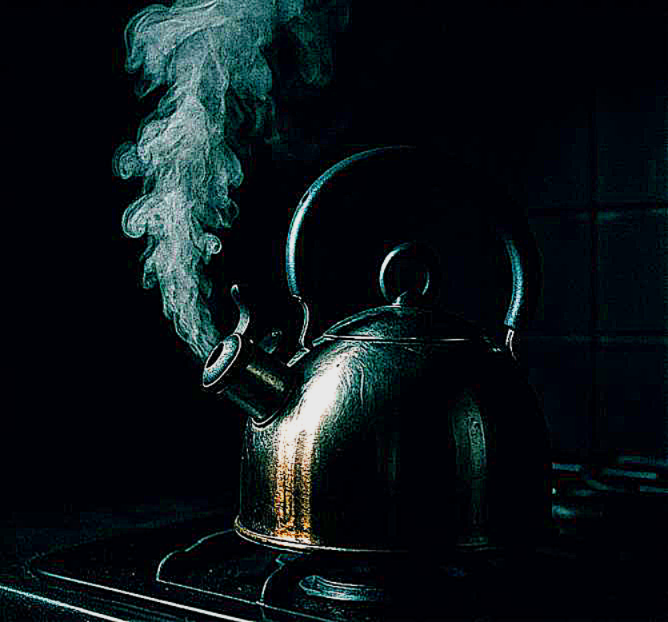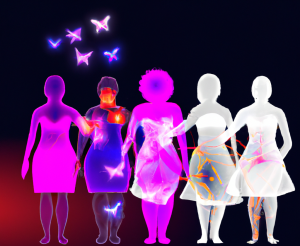
After the Kirk Killing: Public Health, Justice, and Politicizing Violence
In the wake of Charlie Kirk’s assassination, senior officials like JD Vance framed the tragedy as proof of a coordinated “left-wing domestic terror movement,” vowing sweeping crackdowns on nonprofits and activists.
To be clear: Investigators have not established a motive, yet the rhetoric has raced ahead of the facts, turning a criminal investigation into a partisan referendum. From a public health and social justice lens, that’s a recipe for more harm, not safety.
Political violence is a population-level threat. It cuts across ideologies and flourishes when leaders inflame grievance, dehumanize opponents, and reward online mobbing. Online discussions that exploded after the news reflect this wider ecosystem: users flagged selective outrage (why some attacks spark government fury while school shootings and violence against Democrats draw muted response), reminded readers of January 6, and warned that elevating one victim into a martyr while criminalizing dissent sets the stage for authoritarian overreach. Others predicted pressure campaigns against charities and universities, seeing a pattern of power using “crisis” to justify surveillance and punishment.
Public health practice offers a different path.
First, center evidence, not insinuation: let investigators determine motive before branding whole movements.
Second, condemn all political violence consistently: no euphemisms, no exceptions.
Third, invest upstream: community-based threat assessment, gun injury prevention, rapid de-escalation and doxxing-response supports, and counter-radicalization that focuses on behaviors, not beliefs.
Fourth, protect civil liberties: broad labels like “domestic terror movement” aimed at vague “left-wing networks” risk chilling lawful speech, disproportionately harming marginalized communities, and eroding trust in institutions, key drivers of violence risk.
Finally, demand for transparency and accountability across the board (from releasing relevant investigative files to scrutinizing powerful patrons), but those impulses should channel into lawful oversight, courts, Congress, independent media, not collective punishment.
If the goal is a safer, more democratic society, the imperative is clear: lower the temperature, follow the facts, invest in prevention, and uphold rights equally. Anything else weaponizes grief and leaves communities less safe tomorrow than they were today.


